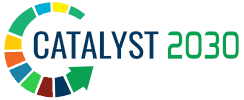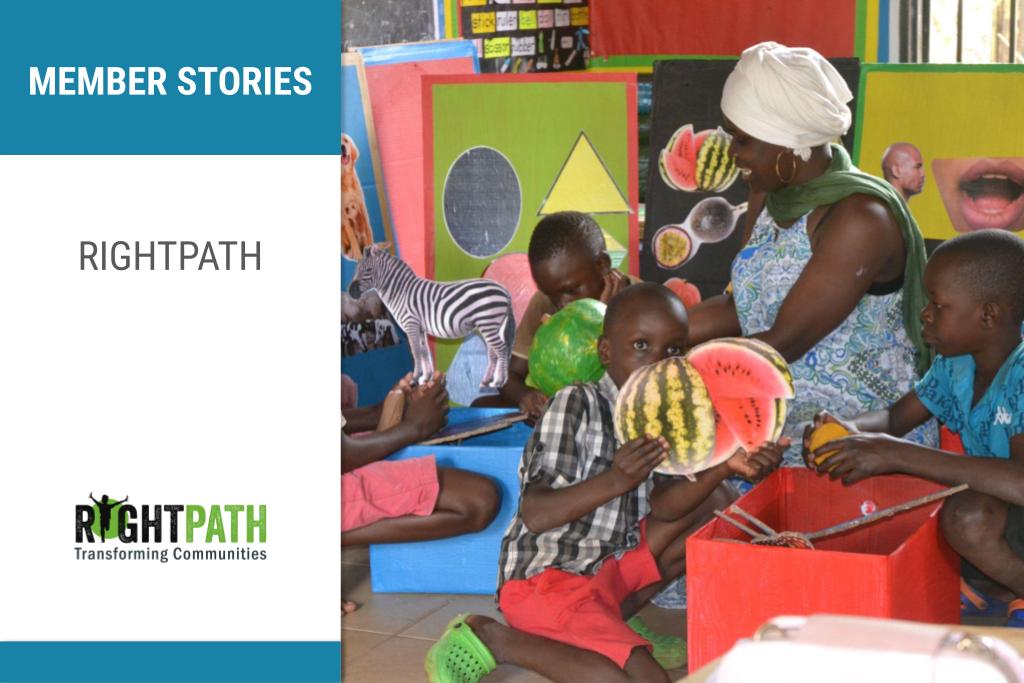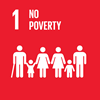
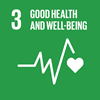
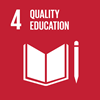
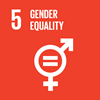
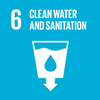
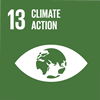
The Right Path Foundation’s interventions are tailored towards the ECD teachers. We are based in Uganda, where we provide psychological support, capacity building, and work towards awakening innovation among ECD teachers, centre managers and the community at large, especially in under-resourced settings. We open their eyes to all the resources in their surroundings and show them how these can be converted into learning aids.
We are also fighting against the stigma that says that ECD training is for those who failed to further their education. This damaging attitude explains why ECD has not been seen as a priority in some areas.
Social entrepreneurs are known for finding solutions for society’s problems. What is the problem that you are addressing, and what is your solution?
In a bid to improve its education status, the government of Uganda introduced an Early Childhood Development (ECD) policy whereby every government-aided primary school in the country was supposed to have a nursery section. This was part of its commitment to promote education as a basic human right to all children or citizens of the country (National Development Plan II). The government made an effort to make education accessible to all and improve the quality of education at all levels by revising the curriculum, providing teaching and learning resources, and recruiting qualified teachers.
However, despite these efforts, there are still factors affecting the performance of children, mostly from underprivileged communities. These include poor infrastructure and an acute shortage of qualified ECD teachers. In addition, there is a lack of involvement by parents and communities, a lack of material and financial resources and an absence of learning aids.
There are also too few specialists in the field of ECD who are able to train would-be ECD teachers. The result is that teachers are equipped with theoretical knowledge rather than practical ways of working in ECD programmes.
These factors have all been exacerbated during the COVID-19 pandemic.
Academic learning is just a fraction of what our children need. We fully embrace the equipping of ECD teachers with an active experiential holistic learning approach, tailored towards using local materials at low/no cost, as well as active learning which is more of an interaction with everyday objects. This too involves the teachers using their hands and senses to collaborate and interact with the real world through active learning, and to pass these abilities on to the children they teach.
What do you see as the benefit of your Catalyst 2030 membership?
Our membership enhances partnerships and collaborations. Together we gain a thorough grassroots understanding of the key problems and possible solutions for the multi-faceted vulnerabilities of children.
Are you collaborating with any other Catalyst 2030 members?
We are collaborating with Sports Aid Network in Uganda on a project called The Creative Play Learning Centre model. These centres double as counselling spaces for the young learners as well as providing them with a conducive and loving environment that will draw them closer to school and help them to deal with any post-traumatic stress. These centres are also expected to provide a bridge point for children who have never been to school or have dropped out, helping them to catch up with their desired talent development as well as get back into the education system.
